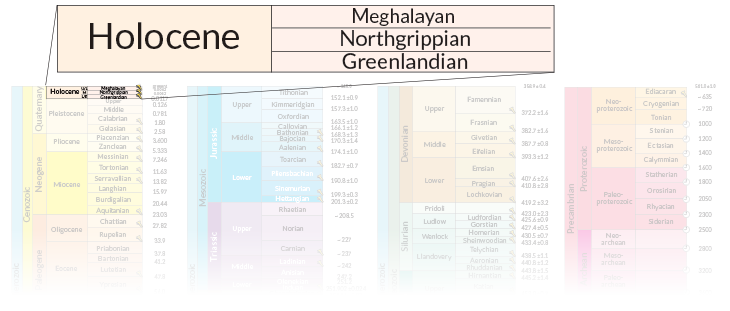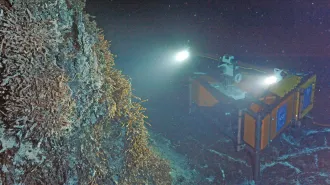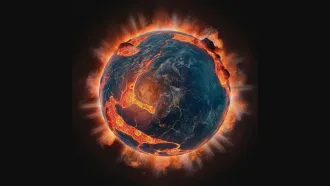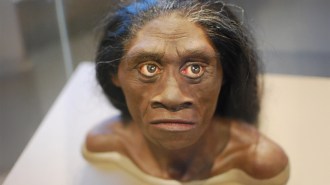You’re living in a new geologic age. It’s called the Meghalayan
The Meghalayan is one of three newly designated time intervals dividing the Holocene Epoch
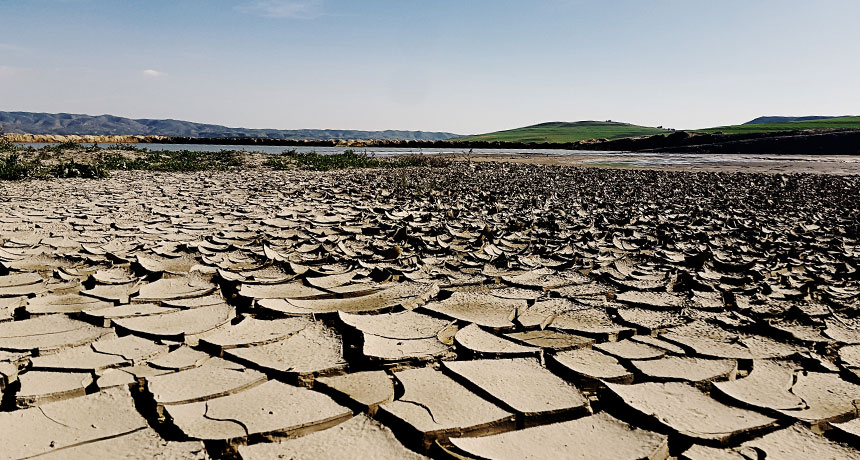
DRY TIMES A 200-year drought 4,200 years ago that caused civilizations to collapse across the globe marks the start of the newly designated Meghalayan Age. As seen in this photo from Algeria in 2017, droughts still occur during this ongoing geologic time period.
